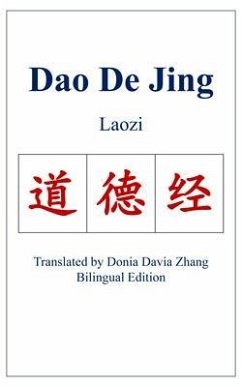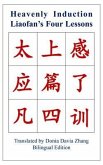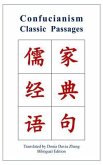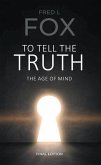As one of the greatest masterpieces in Chinese history, Dao De Jing is a philosophical work by Laozi (Li Er, c.571‒471 BCE) published in the 4th century BCE. It contains 81 chapters/verses whose essence is on moral philosophy and ideal ways for humans to be in harmony with nature, self-cultivation, governing the country, deploying military forces, among other things. Although some of the ideas are only historically relevant at the time when Laozi lived, most of his thoughts are still pertinent today because human nature has not drastically changed since antiquity, and many social ills that Laozi mentioned still exist. Like the Christian Bible, Dao De Jing is one of the most translated works in world literature. This bilingual edition with full Chinese texts and pinyin pronunciation has attempted to adhere as faithfully as possible to the original meanings in the Chinese texts, and to reflect recent revisionary development in Daoist scholarship. Hence, the Chinese character for the "Way" is rendered "Dao" rather than "Tao," Dao De Jing in place of Tao Te Ching, and Laozi for Lao Tzu, discarding the older Wade-Giles system for transcribing Chinese words. This translation aims to assist Western readers to learn the Chinese language while they attempt to better understand the deeper meanings of these philosophical ideas.
Dieser Download kann aus rechtlichen Gründen nur mit Rechnungsadresse in A, D ausgeliefert werden.









